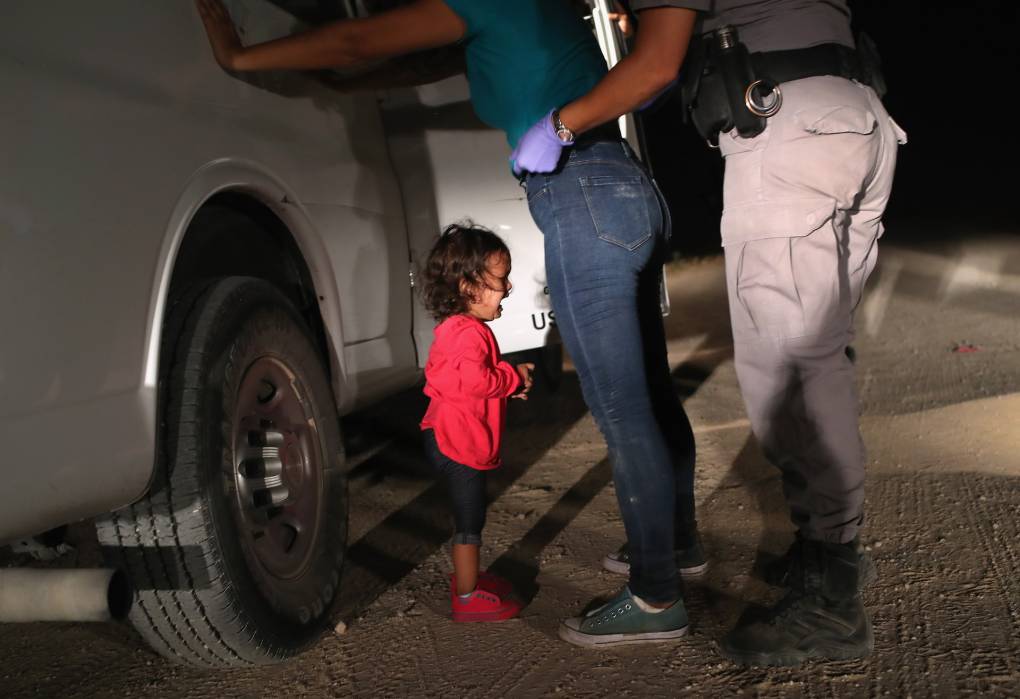


⚠️ Systemic obstacles
- Removal decisions (via CPS) disproportionately affect Black and Brown families — rooted in structural inequities of poverty, housing instability, neighborhood policing, implicit bias.
- Immigrant families may face additional layers: fear of ICE, language barriers, mixed-status family dynamics, limited access to culturally responsive services.
- Divorce and family disagreement are often invisible in child welfare or immigration narratives, yet they too result in separation and need for support.
- Often, the system focuses on removal and monitoring rather than supporting families to stay together or reconnect.
🎯 What restoring justice requires
- Recognizing intersectionality: The ways race + immigration status + class + criminal justice involvement all converge in family separation and reunification outcomes.
- Investing in trauma-informed, culturally responsive supports for families — not only in the moment of reunification but long-term.
- Shifting from surveillance-centered to support-centered: Programs like peer-support models (see research on peer-supports in child welfare) demonstrate promise. Office of Justice Programs
- Elevating parent-led narratives and solutions: This film project is aligned with that shift — involving parents as storytellers, co-creators, and advocates.
📣 Call to Action & Next Steps
- Parents: We invite you: If you’ve gone through separation (whether by CPS, ICE, incarceration, divorce, blind removal, or other disagreement) and are now on the path (or have completed it) of recovery and reunification — your voice matters. Join the casting call for the indie film to tell your story.
- Community & Allies: Support the project by advocating for frames that center family voice, race equity, immigrant rights, and trauma-informed practice.
- Policy & Practice: Use the film (once made) as a tool for education, advocacy, and shift: show decision-makers what family restoration truly looks like and what resources are needed.
- Broader support: Recognize that reunification isn’t just a moment of returning home — it’s the start of a new phase where supports, trust, resources, and dignity must continue.
